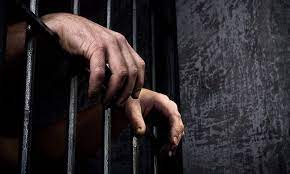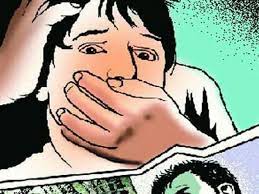Thousands of female college students and staffers have shown interest in learning to ride a motorcycle after the College Education Department Sindh recently asked the administrations of state-run women colleges to provide details of students who are interested in learning how to ride the two-wheeler for free.
According to data submitted by the Regional Directorate College of Shaheed Benazirabad, more than 300 female college students, as well as 50 female teachers and 30 other staffers, have enrolled for the training.
The imitative has been taken by the Women Development Department in collaboration with the Women on Wheels (WOW) and the Sindh Traffic Police to train women and focus on resolving their mobility woes.
In 2019, Chief Minister Syed Murad Ali Shah had inaugurated WOW Karachi. It aimed to empower women and resolve the commuting issues. In 2016, WOW had been launched by Salman Sufi Foundation in Punjab. After the success of the project there, Sindh’s Women Development Department is now focusing on training the students of state-run women colleges.
“We have asked the regional directors of colleges to provide the names of students who want to get motorcycle-riding training. However, the department would make sure that students are participating in the training after taking permission from their parents,” said the deputy director of the Directorate General Colleges Sindh, Dr Qasim Rajpar. He said that on the demand of the Women Development Department, the director general colleges had asked almost all women colleges of the province to involve their students in getting the training. “The positive side of this initiative is that the training would be conducted under the supervision of three provincial departments while the longstanding issue of daily commuting being faced by girls would be resolved or at least the girls would be able to drive motorcycles and scooties for attending the colleges.”
Also, he said, the burden of transport expenses on parents would be reduced, as their children would no longer have rent private vehicles, including rickshaws, to go to their colleges. Instead of waiting for public transport, the girls would go to their colleges themselves, they would feel empowered and safe by riding on their motorcycles and scooties, he added.
Dr Rajpar said that after the completion of training, the Sindh government or the college education department may provide interest-free loans to trained students to by the two-wheeler. “There is no restriction on female teachers and employees but they can also apply for getting motorcycle -riding training.
The DG colleges will provide all data to the secretary colleges, and after their selection the training would be started at those colleges where playgrounds are available.” Across Sindh, there are six regional directorates of colleges — Karachi, Hyderabad, Sukkur, Larkana, Mirpurkhas and Shaheed Benazirabad.
According to Rajpar, the director college of Shaheed Benazirabad has submitted its data to the DG and the remaining directorates will be submitting their data on Friday (today). From the Shaheed Benazirabad region alone, more than 300 female students as well as 50 female teaches and around 30 other staffers have enrolled for the training. This trend shows that thousands of students are expected to enrol for the training.
Former student leader and human rights activist Naghma Sheikh said on Thursday that due to the unavailability of public transport, women in urban areas such as Karachi, Hyderabad, Sukkur, Larkana and other cities faced serious problems, including sexual harassment.
“They generally wait for hours on roadsides to get on a bus, or find a rickshaw and a van to travel. However, they rarely find space to travel because of the might is right rule in public transport. Men can sit anywhere in the buses and vans while drivers have specified very limited seats in their vehicles for women.”
Sheikh said: “Riding a motorcycle would definitely empower the girls. They would not have to wait hours for public transport. The government should have started this programme a decade ago. However, this is still better than never.”
Source: The News




